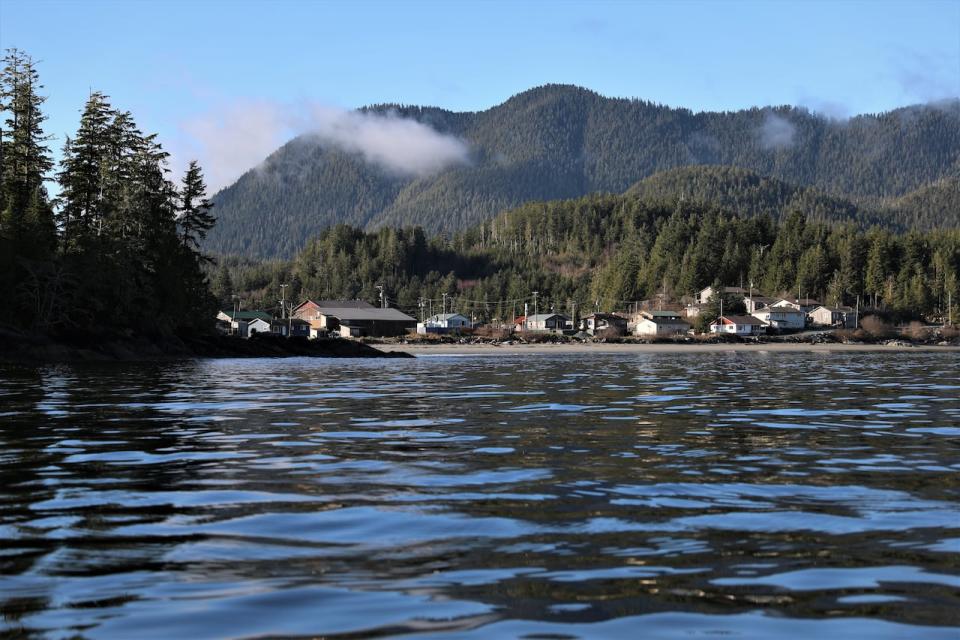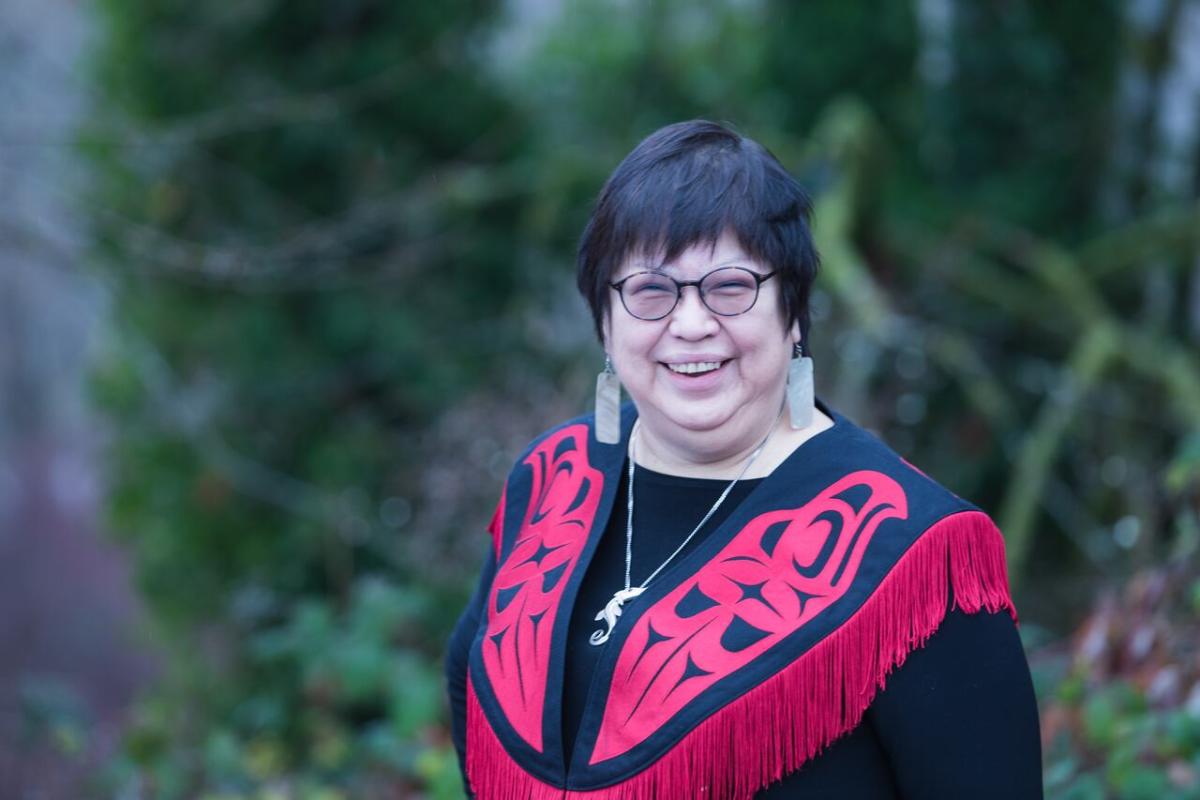Nuu-Chah-Nulth Tribal Council (NTC) has declared a state of emergency for all 14 First Nations on Vancouver Island it represents due to the mental health and opioid crisis.
At a news conference in Port Alberni, B.C., Thursday, NTC president Judith Sayers, a member of Hupacasath First Nation, called on Prime Minister Justin Trudeau to come to the table to help in their fight for resources to deal with immediate community needs.
“Let’s put new meaning into emergency and actually stop all these deaths that are unnecessary,” said Sayer.
NTC represents about 10,000 people from 14 First Nations on the west coast of Vancouver Island.
Two weeks ago Ahousaht First Nation, one of NTC’s member communities, declared a state of emergency after two young people in the community died within hours of each other in separate incidents.
Curtis Dick from Ahousaht spoke at the news conference on behalf of the family of one of the people who died in the community over the Labour Day weekend, describing the young man as joyful and outgoing.
A man has been charged with second-degree murder in relation to his death.
“We don’t want this to happen to anyone else ever,” said Dick.
NTC is calling on the province of British Columbia, Island Health, the Government of Canada and the First Nations Health Authority to resource mental health and crisis supports as well as the development and implementation of toxic poisoned drugs and mental health strategies.
The First Nations Health Authority (FNHA) website lists 10 treatment centres in B.C. for those seeking addiction treatment services, which Sayer said is not enough to deal with the current needs.
CBC reached out to the FNHA but did not hear back by the time of publishing.
According to the FNHA, from January to June 2023 First Nations people in B.C. died at six times the rate of other B.C. residents from toxic drug poisoning while the number of First Nations people who died from toxic drugs increased by 24.7 per cent compared to the same period in 2022.

Ahousaht, on Flores Island, is one of B.C.’s largest coastal First Nation communities. (Chris Corday/CBC)
“Our people are not statistics,” said Sayer, adding that when people die of preventable causes,communities are losing knowledge keepers.
Waamiiš Ken Watts, elected chief councillor in c̓išaaʔatḥ (Tseshaht) First Nation said resources need to be in place for people to get help as soon as they want it and there needs to be investment in communities to empower the people who live there.
“Whatever we are doing now is not working,” said Watts.

